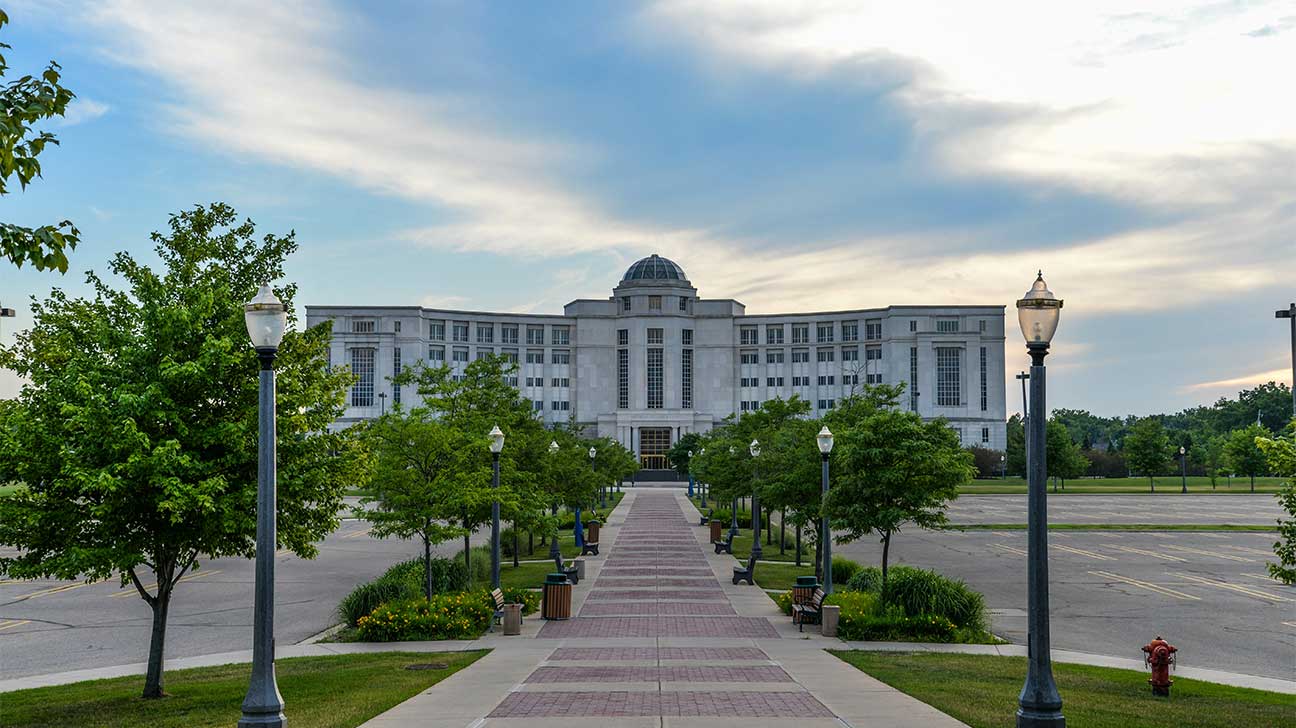Finding the right rehabilitation center is crucial for individuals struggling with substance use disorders. Michigan offers a variety of high-quality rehab facilities that provide specialized treatment options tailored to different needs. Whether you’re looking for inpatient care, outpatient programs, or holistic recovery approaches, Michigan has excellent rehab centers to consider.
Top Rehab Centers in Michigan
1. Henry Ford Maplegrove Center (West Bloomfield)
One of Michigan’s most well-known rehab centers, Henry Ford Maplegrove Center offers a comprehensive range of services, including medically supervised detox, inpatient and outpatient treatment, and family therapy. The facility focuses on personalized treatment plans and long-term recovery strategies.
2. Sanford House (Grand Rapids)
Sanford House operates two gender-specific residential treatment centers and an outpatient facility in Grand Rapids. Their approach integrates individual therapy, group counseling, and holistic treatments such as yoga and art therapy to foster sustainable recovery.
3. Sacred Heart Rehabilitation Center (Multiple Locations)
With several locations across Michigan, Sacred Heart Rehabilitation Center provides affordable addiction treatment services. They offer inpatient, outpatient, and medication-assisted treatment (MAT), as well as specialized programs for women and pregnant individuals.
4. Dawn Farm (Ann Arbor/Ypsilanti)
Dawn Farm is a long-term residential treatment facility that emphasizes peer support and community involvement. Their programs include transitional housing, detox services, and a strong focus on 12-step recovery principles.
5. Bear River Health (Boyne Falls & Walloon Lake)
Bear River Health provides a holistic and personalized approach to addiction treatment. They offer detox services, residential treatment, and outpatient care, with an emphasis on wellness and individualized recovery planning.
Types of Treatment Programs Available
Inpatient Rehabilitation
Inpatient or residential treatment provides individuals with a structured environment where they can focus entirely on their recovery. Programs typically last from 30 to 90 days and include therapy, medical supervision, and support groups.
Outpatient Programs
Outpatient treatment allows individuals to receive therapy and support while continuing to live at home. These programs are ideal for those with mild to moderate substance use disorders and include options like intensive outpatient programs (IOP) and partial hospitalization programs (PHP).
Medication-Assisted Treatment (MAT)
MAT combines FDA-approved medications such as methadone, buprenorphine, or naltrexone with counseling and behavioral therapy. It is an effective option for individuals recovering from opioid and alcohol addiction.
Financial Assistance and Free Rehab Options
Many Michigan rehab centers offer financial aid, sliding-scale fees, or state-funded treatment programs for individuals without insurance. Resources include:
- Michigan Department of Health and Human Services (MDHHS) for state-funded rehab options.
- Federally Qualified Health Centers (FQHCs) that provide low-cost addiction treatment.
- Nonprofit organizations such as Families Against Narcotics (FAN) for recovery support.
Conclusion
Michigan is home to some of the best rehab centers that cater to various needs, ensuring that individuals struggling with addiction can find the help they need. If you or a loved one is looking for treatment, reaching out to one of these facilities can be the first step toward a healthier and sober life.

